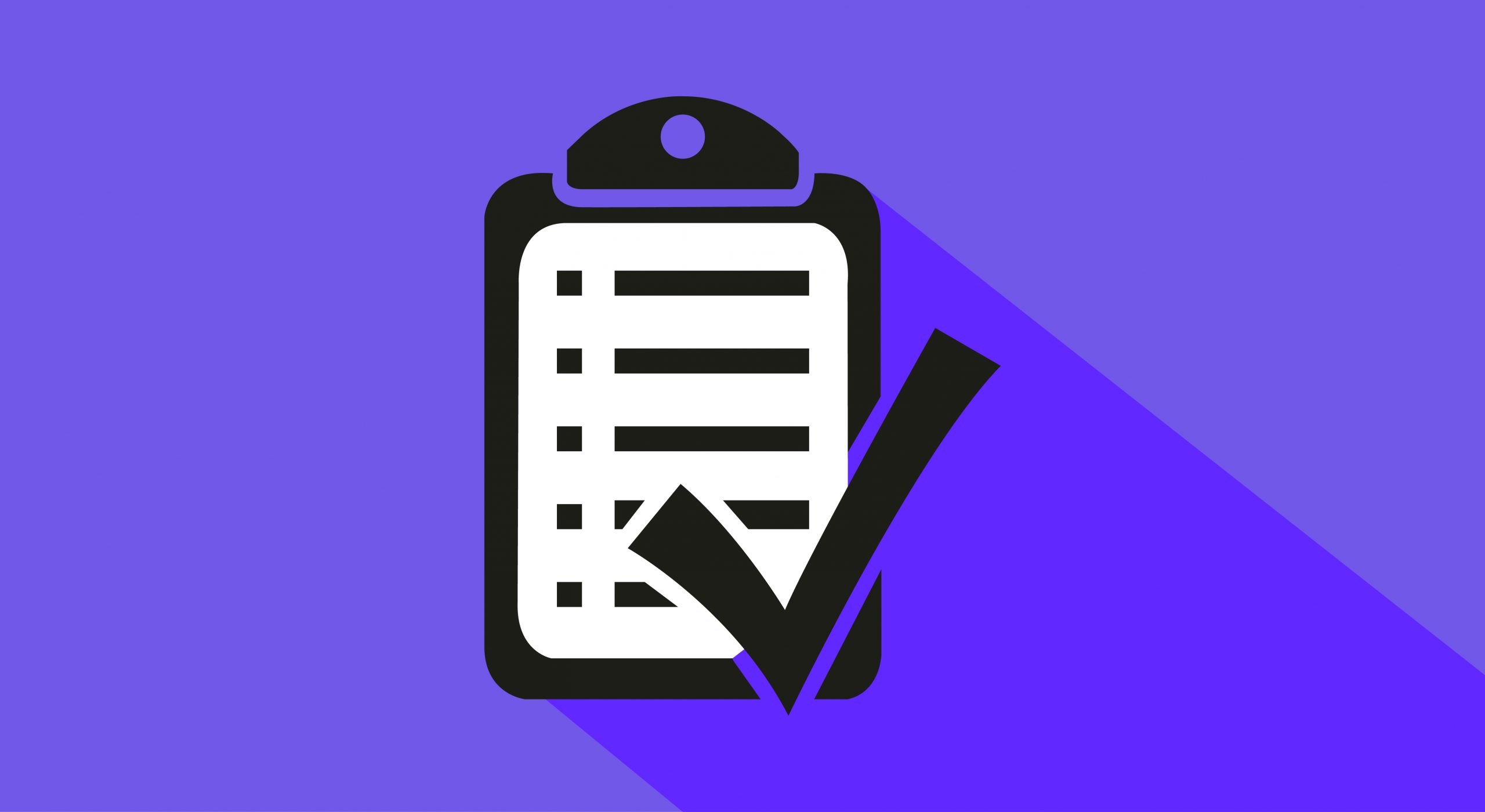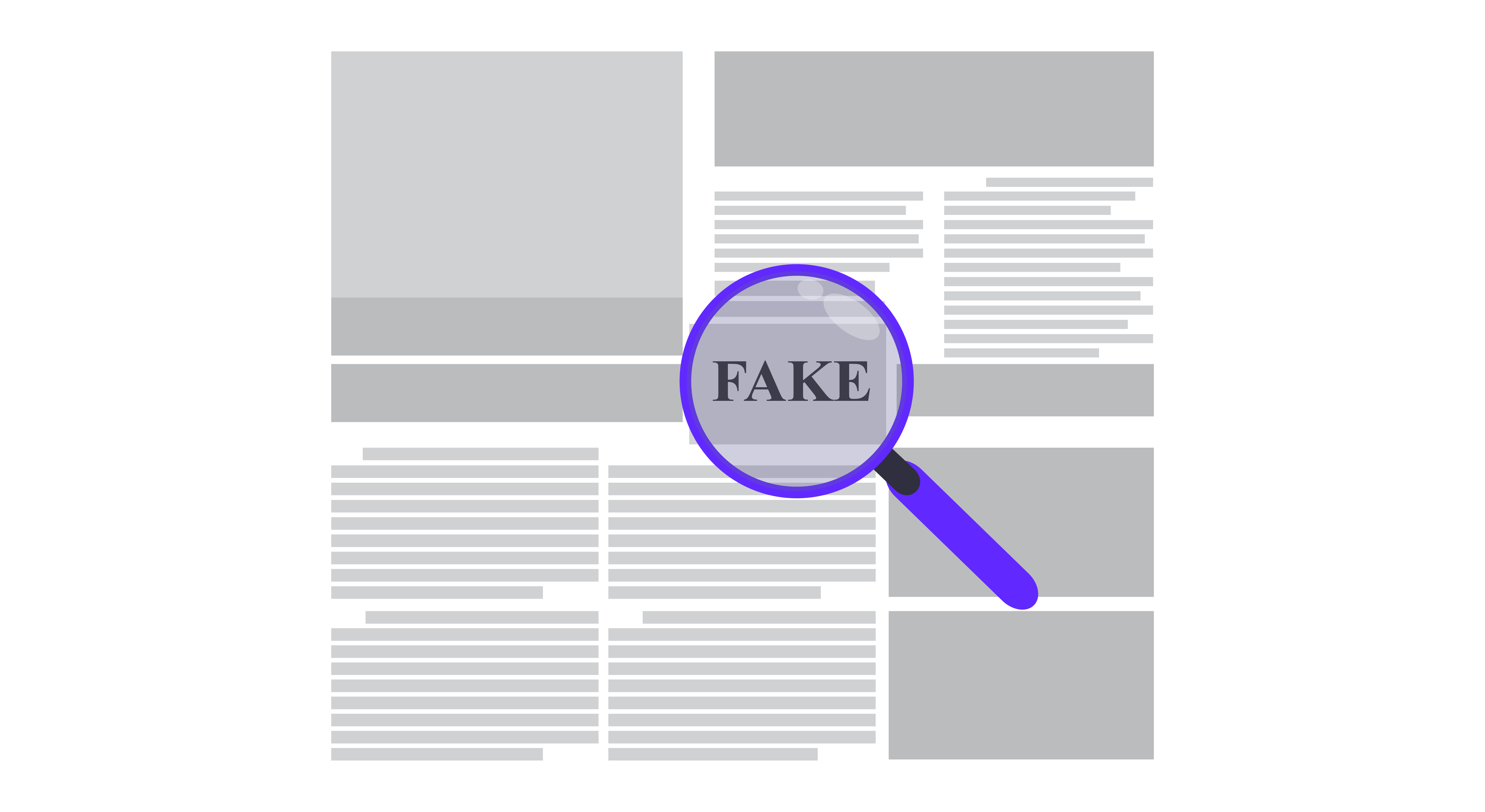Identity is the set of elements that make the individual distinguish between their peers. The term has been used from different approaches and disciplines.
To integrate into modern society, the individual had to get used to constantly identifying himself: before the agencies, before the authorities, before other random people and before the interfaces.
Identity from the legal perspective
In modern society, people need to present a guarantee of their identity in airports, hospitals, public roads and many other situations of daily life.
These guarantees usually come in the form of:
- Identity card (ID)
- Passport
- Driving license
- Identification plates of companies, institutions, organizations
- Health Card or Social Security Number
Who endorses those documents?
State institutions such as the civil registry, the building license office, the ministries, create dependencies in which people obtain and update their identity documents, some of which have identifying value throughout the world.
Many of these institutions already have digital database systems with the information of all people. But these databases do not have to be available to all people, nor do they necessarily contain data such as medical records, interests, tastes or academic achievements of the person.
Components of legal identity (vary by country):
- Name and surname
- Initials
- Date of birth
- Identity number / Driver’s license number
- Passport number
- Social Security number
- Health insurance / Health card
- Marital status
- Skin color
- Height
- Biometrics
Persons without identity
According to the World Bank, one billion people lack a way to prove who they are. This severely limits their freedom in several ways: to move, to migrate, to access services, to be economically independent, among other aspects.
The psychological point of view
According to psychology, identity has diffuse limits with another concept: self-awareness.
Self-awareness is the “separation that man makes of himself with respect to the objective world, he becomes aware of his relationship with the world, of his own being as a person, of his conduct, of his acts, thoughts and feelings, of his desires and interests”
Rosenthal and Rudin Philosophical Dictionary (1965)
In this way, identity in psychology can be extended to a set of information that is not usually included in the components of legal identity.
This data can be grouped into two dimensions, according to Pérez Porto and Gardey:
- Social: set of characteristics of an individual or a community. These traits characterize the subject or the collective in front of others…
- Personal: Awareness that the individual has about himself and makes him someone different from others. Although many of the features that form identity are hereditary or innate, the environment exerts a great influence on the conformation of the specificity of each subject.
Online Identity
The information age has revolutionized the way in which human sees himself and others. Before the Internet, for people to gather and recognize around communities of common interests, there used to be a physical space.
Currently, most of the spaces where people find common interests (beyond family, work or profession) are created spontaneously on the web. Social network communities today group people around the content they generate. Communities are increasingly diversified according to interests, through apps, groups, chats, etc.
In an investigation of the University of Havana (Cuba), Professor Beatriz Perez identifies the profile of a user in any social network as “one of the most representative expressions of the construction, especially of the individual identity, but also collective. Although other expressive actions such as the creation of blogs, websites, comments in the forums, in the press media, are also evidence of this process.”
In this context, there is a lot of public information online about each individual. Now it is easier than ever to meet people, and retrieving information about these rarely involves more effort than doing a search on the smartphone.
Why is it important to have an online identity?
Manuel Castells, famous Spanish communologist, stipulates that “online life is not a life separate from physical interaction. We no longer live in a physical or virtual world, but in a hybrid world. All are in the network but not all are only in the network”.
Fake identities online
But not all the information that can be retrieved online about a person is true. Unlike state databases, which are usually restricted to the public, databases on the Internet often come from social networking sites where fake profiles, phishing and aliases abound.
Therefore, society being so connected does not necessarily imply that it is correctly informed. The fact that you can recover a lot of information about someone does not imply that you know the whole truth about it.
It becomes increasingly necessary a system where there is information on all aspects of the identity of a person (not only legal elements, but also social and psychological), and where these data are scientifically validated thanks to the contribution of the community moderated by algorithms.
That system is FySelf, and we invite you to try it.


